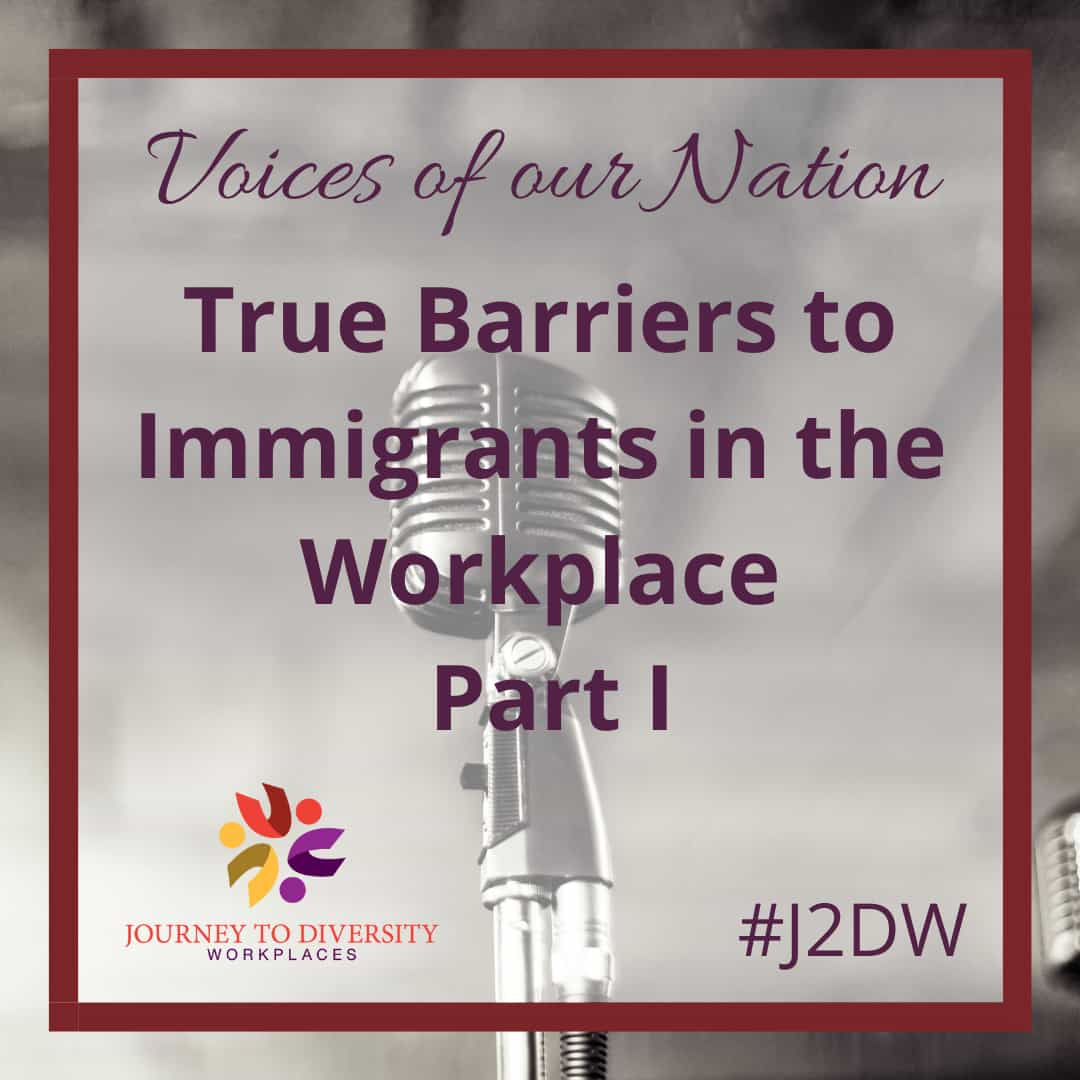Education. Merit. Credibility. These words are often loosely thrown at anyone seeking employment. A term most forget to mention is ‘validated by Canada’. Education that is validated by Canada. Merit that is validated by Canada. Credibility according to what is validated by Canada. It’s understandable that Canada has many of these policies to regulate the stream of workers entering the workplace and ensure they fit in with the Canadian work environment. However, in doing so, Canada is denying immigrants who are qualified, sometimes overqualified, for a position of authority thus increasing the unemployment rate of skilled immigrants (Sakamoto et al., 2010).
As an immigrant, I know of countless highly skilled workers who, now proud citizens after a decade in Canada, still struggle to maintain a well-paying permanent job. These individuals have completed their Bachelor’s as well as their Master’s degrees and were formerly professors, physicians, therapists, teachers, and bankers with years of prior experience. Once they arrived in Canada, seeking a better lifestyle and education for their children, they were faced with a harsh dismissal of their expertise by the Canadian government. How invalidating must it be for you to spend so much time and money on your education so you can be independent and work tirelessly for years only for someone to tell you it is insignificant and you must start over?
A paper published by the University of Toronto recognizes this dissonance by stating that barriers such as the invalidity of foreign credentials, language barriers, and the ever-so-necessary ‘Canadian experience’ requirements prevent skilled immigrants from entering their fields of expertise (Sakamoto et al., 2010).
In Canada, fluency in English and French is greatly valued as an asset to boost employment prospects, however, this works against immigrants who have spent their entire lives honing their skills, only in another language. According to the government of Canada, skilled immigrants entering the country must complete either the Canadian English Language Proficiency Index Program (CELPIP) or the International English Language Testing System (IELTS) examinations for English proficiency in order to work here (Language testing- skilled immigrants, 2022). Once they pass it with adequate scores, they can ‘officially’ communicate effectively with others in said language.
So, for those who can communicate in one of the two languages mentioned above, many fall victim to the ‘broken English’ circumstance, which both harms their prospects in the hiring process, and curates challenges amongst colleagues when on the job. ‘Broken English’, granted that the language being spoken is English, refers to the small gaps in an individual’s aptitude for English where one may use incorrect grammar, have a limited vocabulary, and struggle with creating or understanding very complex sentences. In spite of the broken English barrier, these individuals are able to communicate effectively, get the message across, and get the job done, but it is the lack of support due to prejudice from colleagues and individuals in higher positions that situates this as a problem.
Speaking a foreign language like English often comes laced with an accent, which furthers the pre-existing cultural divide for immigrants in the workplace. Their culture, which influences how they dress, speak, behave, interact with others, and look at the world can all feel ostracized in the workplace when it does not equate with the Canadian culture and workplace etiquette. It’s not an inclusive environment until all individuals feel comfortable and safe to express themselves and learn about new customs and norms without the breath of judgment breathing down their necks. That is a topic I will be discussing in a follow-up blog article.
This is to say, Canadian workplaces focus on the soft skills that are significant in the Canadian culture, otherwise known as the ‘Canadian experience’, which swiftly erases many immigrants from having a fair chance at getting the job (Sakamoto et al., 2010). For instance, a family friend of mine who applied for teaching-related jobs in math and physics, as they were a physics teacher in their home country, would be asked about their soft skills rather than their knowledge of the subjects. Their home country has a different culture and approach towards education, so does that mean their knowledge, skills, and experience are invalid in Canada?
Canada is a country driven by immigrants, whom it profits off of ever so graciously. The diversity of Toronto alone is enough to make Canadians label this country a ‘melting pot’, and pride themselves on its multiculturalism, however, Canada’s alarming population of struggling immigrants establishes a daring reality. It is extremely important to examine the roles and challenges of immigrants in the Canadian workplace because immigrants are the backbone of this country. We have a moral obligation to respect them and create accessible avenues for them to succeed.
Sources
Government of Canada. (2022, March 3). Language testing—Skilled immigrants (Express Entry). Canada.ca. Retrieved August 22, 2022, from https://www.canada.ca/en/immigration-refugees-citizenship/services/immigrate-canada/express-entry/documents/language-requirements/language-testing.htm
Sakamoto, I., Chin, M., Young, M.(2010). “Canadian Experience,” Employment Challenges, and Skilled Immigrants A Close Look Through “Tacit Knowledge”. Settlement of Newcomers to Canada, Canadian Social Work, 12, 145-151
This article was written by summer student Ilesha Prabhudesai and edited by summer student Bayden Summers. This article was funded by the Government of Canada.


